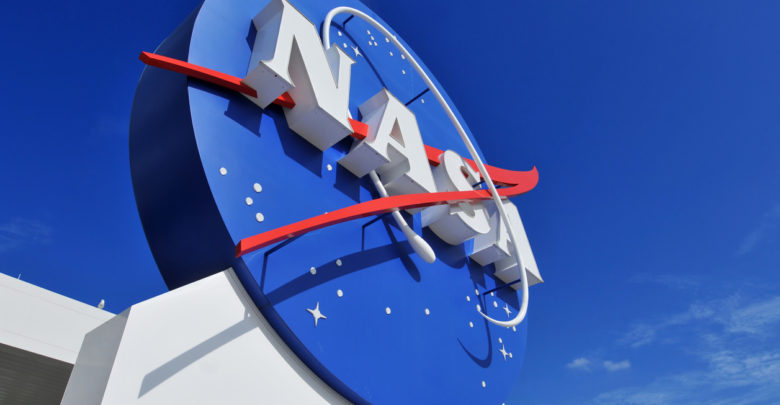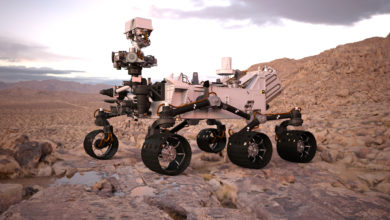Science
NASA Planning To Have Contests To Come Up With A Name For Mars 2020 Rover
NASA is looking out for a partner to conduct a contest to name the next rover to the Red Planet

The National Aeronautics and Space Administration (NASA), in cooperation with the Jet Propulsion Laboratory (JPL), is reportedly looking out for a partner to conduct a contest to name the space agency’s next rover to the Red Planet. The Mars 2020 rover mission is part of NASA’s Mars Exploration Program, a long-term effort to explore the Red Planet.
The contest, which will likely be conducted in the 2019 academic year, will allow U.S. students in grades K-12 to suggest names for the next Mars rover. The rover in question is currently being built at NASA’s Jet Propulsion Laboratory in Pasadena, California.
Corporations, nonprofits and educational organizations interested in sponsoring the contest can send proposals to NASA by October 9. The selected partner will have a great opportunity to be part of a historic mission, the U.S. space agency said.
According to NASA, such contest opportunities help in informing the public and distribute knowledge gained from the space program to a broad audience.
“We’ve been doing naming contests since the very first Mars rover back in 1997,” said Thomas Zurbuchen, Associate Administrator for the Science Mission Directorate at NASA Headquarters, in Washington. “Thousands of kids participate, and their enthusiasm for the contest and Mars is infectious.”
NASA is planning to launch Mars 2020 in July or August 2020 from the Cape Canaveral Air Force Station in Florida. The mission is expected to offer key answers about the potential for life on the Red Planet.
Meanwhile, NASA’s Curiosity Mars rover has temporarily ceased science operations because of a glitch. According to Curiosity project scientist Ashwin Vasavada, a mysterious issue is preventing the rover from beaming to Earth much of the science and engineering information stored in its memory. He added that barring the glitch, Curiosity is otherwise healthy and responsive, and can still stream real-time data about its status back to mission control.






